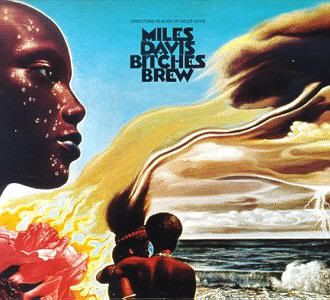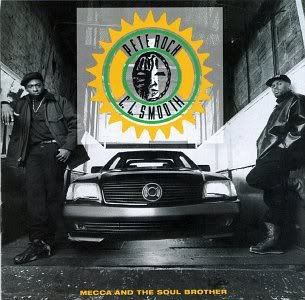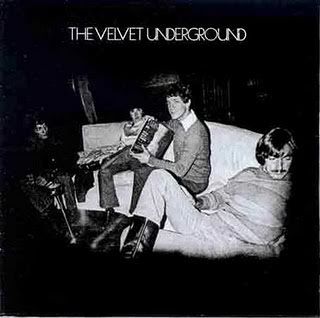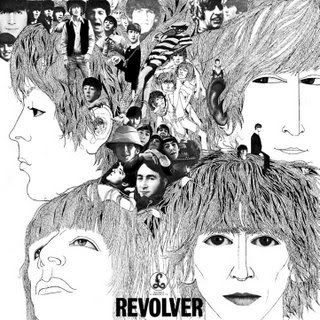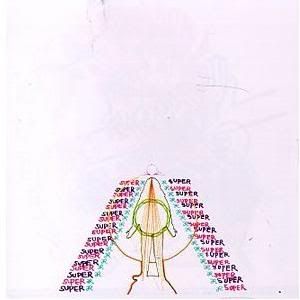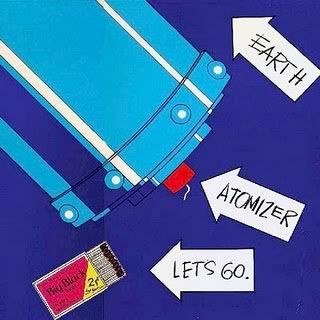
Artist: Big Black
Album: Atomizer
Label: Touch And Go
Year: 1986
The first Big Black album, released three years into the band's existence and after three constantly evolving and improving 12" EPs (collected in the CD copy of The Hammer Party is their masterpiece. (I wrote a whole long review that I accidentally lost by signing out of my account. I will try to re-capture its essence now, but it won't be as long as I had wanted).
So what really sets this album apart from other Big Black efforts is its stripped-down to the band's core sound. Big Black's aesthetic is what always set them apart as a band: violent/disturbing imagery, a pulsating drum machine, and shrieking guitars. Through all of their music though, there is a relatively "normal" approach to what Big Black did, and catchy bridges and choruses underline the best songs on the EPs and their final LP Songs About Fucking. But what makes Atomizer stand-out head and shoulders even above the band's other fantastic work is its lack of convention.
The album reminds me a great deal of the first Killing Joke record: repetition is engaged in over and over. Single-words or instrumental choruses are frequent. Steve Albini's love of Wire is well-known, and bands like that and The Fall are clearly a huge influence on the album. Just look at it: "Bad Houses" has one part, and a monster chorus. "Kerosene" is one and a half parts. "Passing Complexion" is one riff. Like so many great, minimalist bands before them, Big Black, with Atomizer succeed in finding the essence of their songs, and just playing them into the ground. The songs don't need flourishes and fancy effects or choruses at all--just one good riff. Around that riff is, of course, plenty of variation, with rhythmic and verbal fills and feedback and the rest of the stuff that people love about Big Black.
Other Big Black records might be more popular, with some of their catchier songs, but none of them come close to hitting as hard as Atomizer does. Stripped down of extra parts and lyrics, it is this band's most minimalist effort, and thus, its most effective.
